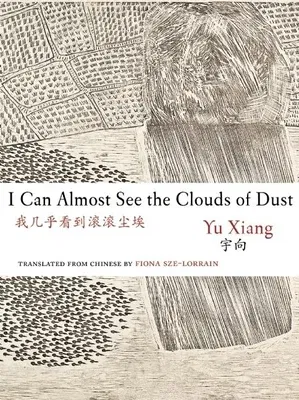Considered a representative figure of the post-1970s Chinese poets, Yu
Xiang is part of a new generation of contemporary Chinese poets
following in the footsteps of the Obscure (otherwise known as Misty)
poets and the post-Obscure writers. If identification is indeed a shadow
act of figuration, Yu Xiang does not care for any post-age or
post-modern label. Her response toward specific social or political
realities in China during these recent years differ from her
predecessors' during their respective epochs, in the sense that she does
not necessarily depict them from an oblique stance. She does not merely
dwell in ambiguities, contradictions and ambivalence. Nor does she
present her work as a purely journalistic understanding of the
downtrodden: impoverished villagers, traumatized mothers who lost
children during the collapse of tofu-skin schools during the 2008
Sichuan earthquake. Instead, she depicts characters with a comparative
eye--not just as a witness--but also from the starting point of having
felt a feeling, an epiphany.
Unafraid of going near politically radioactive realities and histories,
Yu Xiang is least interested in scoring ideological points, or telling
her side of a narrative, be it as an artist or a social critic.
At first read, each of Yu Xiang's poems comes across as an intimate
address with a personal touch. Through poetry, she seeks a specific
reader and listener, while being a reader and listener herself. She is
interested in peeling silence with verses.
Fiona Sze-Lorrain writes and translates in French, English, and
Chinese. Her recent translation work includes Wind Says (Zephyr
Press)--collected poems of Bai Hua.
Yu Xiang's poems are the poetic equivalent of shoegazer rock. She takes
the mundane--a whiff of cigarette smoke, a falling leaf, a housefly--and
stares at it so intently that it splits open to reveal something
unexpected. -- Naomi Long Eagleson, wordswithoutborders.org

